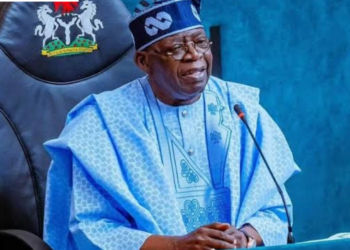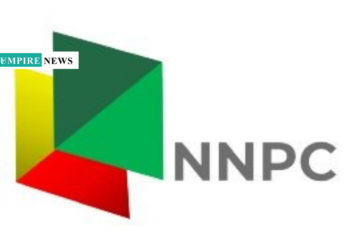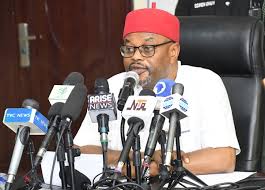The Federal Government of Nigeria is advancing extensive tax reforms to qualify for a $750 million loan from the World Bank, aiming to enhance fiscal revenue, transparency, and compliance. This loan, part of a larger $2.25 billion World Bank package approved in June 2024, is intended to strengthen Nigeria’s economy and support vulnerable communities amid fiscal pressures.
Central to the reforms is the Accelerating Resource Mobilisation Reforms (ARMOR) program, which includes initiatives like raising the Value-Added Tax (VAT) rate, boosting excise taxes on specific products, and implementing a more efficient digital compliance system. Targets include increasing VAT collections to 1.8% of non-oil GDP, which would release $105 million of the loan, and registering 660,000 new VAT filers, linked to an additional $30 million. These adjustments could increase the VAT rate incrementally from 7.5% to 15% by 2030.
Excise taxes are also set to expand under the proposed Nigeria Tax Act, impacting services such as telecommunications, gaming, and betting. The Federal Inland Revenue Service (FIRS) and Nigeria Customs Service (NCS) will receive $5 million each for capacity building to support tax system enhancements, including an e-invoicing system for VAT compliance and a risk-based audit program for corporate taxes.
The tax overhaul also includes customs reforms aimed at improving trade compliance and transparency. The government is focused on implementing green taxes on health-related and environmentally harmful goods, with revenue targets tied to an additional $30 million disbursement.
Further measures in the tax bills seek to rationalise Nigeria’s incentive schemes, including Pioneer Status incentives, through a new Economic Development Incentive Certificate for capital projects. This certificate, approved by the President, would support firms making substantial economic investments, with application oversight provided by the Nigerian Investment Promotion Commission (NIPC).
FG Pursues Tax Overhaul to Unlock $750m World Bank Loan for Economic Stability
Roland Bayode
Roland Bayode is a Nigerian journalist with expertise in investigative reporting and editorial leadership. A graduate of Mass Communication, he served as Editor-in-Chief of Echo Media at Adekunle Ajasin University and was the top intern at Premium Times Center for Investigative Journalism (PTCIJ) at Owena Press, The Hope Newspaper in Akure. Roland has contributed to News Round the Clock, PTCIJ Google-YIAGA LightRay Media, Apex Sport (U.S.), and served as Associate Editor for Nigeria Grassroot News under AFYMP.
Leave a Reply Cancel reply
NATIONS NEWS
POLITICS
YOUR ECONOMY
E & P
Chelsea Edge Leicester 2-1 to Close Gap on Manchester City
Chelsea secured a hard-fought 2-1 win over Leicester City at the King Power Stadium on Saturday, moving to within a...
YOUR THOUGHT & HISTORY
Who we are

Welcome to Umpire News, your go-to online newspaper dedicated to broadening perspectives and expanding the horizons of our numerous readers. Read more
Browse by Category
Recent News
Chelsea Edge Leicester 2-1 to Close Gap on Manchester City
Tinubu Will Make Nigeria Great Again, Says Akpodoro
© 2024 Copyright Umpirenews. All rights reserved






































